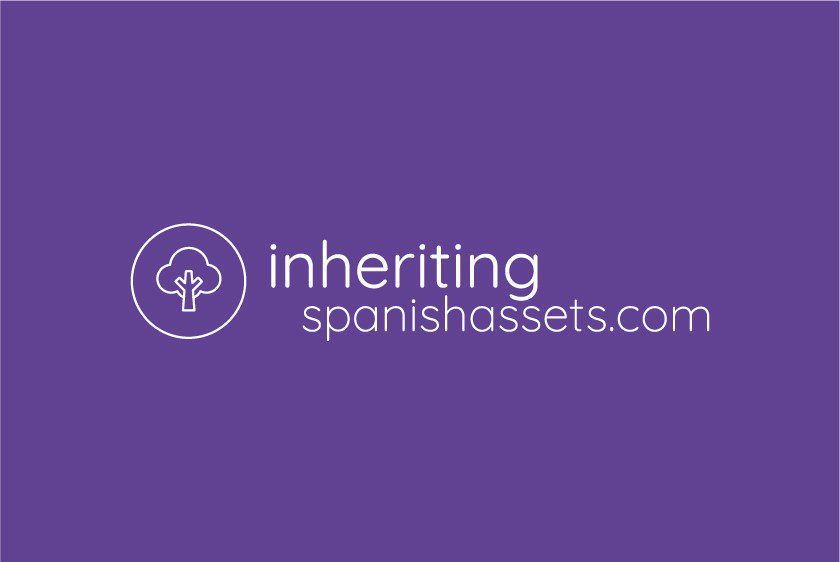Tax
Tax guide For Non-Residents
Paying tax is something we all hate, but it is a legal requirement, irrespective of whether you live in Spain, the UK, or elsewhere.
Even if you are a non-resident property owner, then you may well be liable for payments, depending on how time you spend in Spain, and whether you let out your home.
It will pay to check with a lawyers to make sure that you not fall foul of the Spanish tax authorities.
This is the simple guide to where you stand as a non-resident:-

Are you a Spanish fiscal resident?
You are a Spanish fiscal resident if:
You live more than 183 days per calendar year in Spain (and had previously applied for a Spanish residency card). Otherwise, you are a fiscal non-resident.
However, both non-resident and resident property owners in Spain are obliged to file annual income tax returns, as the Spanish tax system operates through self-assessment.
Sun Lawyers will clarify what exactly your position is, and what you have to do.
What group are you in?
If you’ve bought a property in Spain, then you will be in one of the following three groups:
- Investor, to rent out (not having Spanish residency card)
- Holiday home owner (not having Spanish residency card)
- Permanent home owner (having Spanish residency card)
What is the Spanish tax year?
The fiscal tax year in Spain has more logic than that in the UK, as it begins on January 1st and ends on December 31st.
Spanish fiscal non-resident annual tax returns are declared in arrears and so are paid the following year.
How much tax will you have to pay?
Sun Lawyers have identified two main categories for non-residents.
- Non-residents in Spain from non-EU member states or non-EEA countries are required to declare income earned in Spain at a general rate of 24 per cent.
- Non-resident of an EU member state or EEA country which swaps your tax details with Spain, means that you will be charged a Spanish income tax rate of 19 per cent.
In either category, the general rule if you are a fiscal non-resident is that your tax is based on what you financially get out of Spain.
To use the right terminology, that´s your gross Spanish source of notional income (benefit of having an asset); you total net rental income from a property that you might let out; and on any capital gains made from assets that are here in Spain.
You are a non-resident and property owner, what taxes should you pay?
There is a key factor to bear in mind, namely that if a property is owned by more than one person, each person will be an independent tax payer who will have to declare separate tax returns.
The final income tax amount will depend on the use of the property:
- A) Notional income tax on properties in private use
Let’s say you were not the owner of the property during the whole year. In this case, you would only pay notional income tax that would apply to the period where you were the actual owner. This same formula would apply if you rent out property.
Notional income tax is calculated according to the straight calendar year between January 1st and December 31st.
- B) Income tax on property which is rented out
The rule here is simple, where you have to declare what have earned in total as a non-resident property owner from letting out your home, and you have to declare the total amount received and you would be taxed over the net income.
But unlike notional income, this kind of tax is declared quarterly as follows:
- 1st-20thApril (1st quarter)
- 1st-20thJuly (2nd quarter)
- 1st-20thOctober (3rd quarter)
- 1st-20thJanuary (4th quarter)
Don´t forget that you also need a tourist licence to hire out your home.



